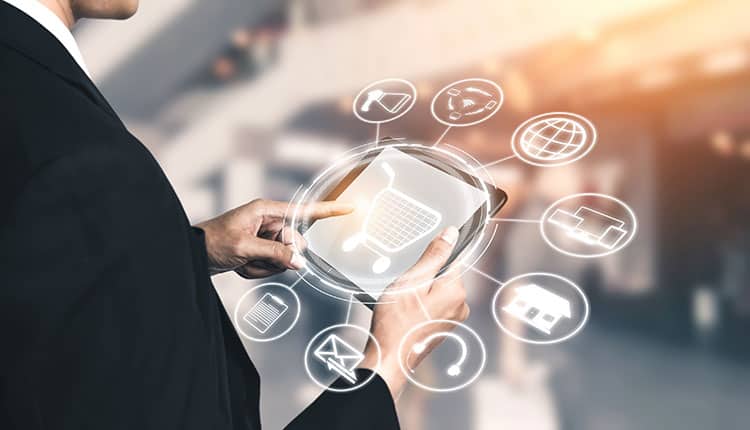By Kapil Bardeja, CEO and Co Founder, Vehant Technologies
Video Analytics as a subject is the discovery, interpretation, and communication of meaningful patterns in data, from video content, and applying those patterns towards effective decision-making. Video technology can also help in delivering a quality experience to customers during their visit in any retail store. The video data collection and analytics enable identifying peak times, traffic patterns, and high occupancy zones store location. These analytics can further help retailers to reduce the waiting time for the customer, whether being at a particular location, parking or in checkout counters.
The retail video analytics today has gone beyond the traditional pattern of security and loss prevention by providing retailers a meaningful insight of business intelligence such as store traffic statistics and queue data. Retailers now use this data to assess in-store promotional strategies and measure the performance of aisle and product placements. Also, nowadays retail video analytics is also used as a key tool for business growth.
Video analytics capability can help retailers stay competitive by providing insights for delivering value to customers and increase loyalty. Moreover, the ability of video analytics technology to process a large amount of data on a real-time basis can help retailers enhance customer experience in various scenarios.
But during the pandemic retail industry as a whole around the globe has also come under a lot of pressure. The retail video analytics helps you face the biggest challenge I.e. to reclaim the shaken confidence, trust and faith of the customers. Not only this but will also help the user in understanding the shopping insights and demographics.
Retail analytics, an integrated video analytic solution allows to improve the security and business performance of chain shops, stores, malls, etc. The analytics can also ensure complete compliance of Covid guidelines such as face-mask, social distancing, temperature monitoring, etc. By leveraging AI and advanced real-time analytics, it helps retail businesses uncover consumer shopping patterns and help deliver superior shopping experiences. It helps in enhancing customer experience, optimised store performance, reduces operational costs, and ultimately higher profitability.
These algorithms are part of a shift towards continuous intelligence, giving businesses the chance to pivot quickly online and now with offline business decisions. Video tracks consumer behavior once people get into the store. Considering how hard it is to get people inside a store now, that’s valuable insight.
With more companies taking advantage of the scalable solutions that AI-driven analytics offers, retail experience is changing. Consumers could find out that common obstacles to shopping disappear with predictive analytics helping stock shelves and computer vision replacing those long queues to pay.
As computers learn to see as we do, they can combine our vision with their analytical strengths. They can catalog information efficiently and consistently, providing businesses with loops of insights they can return to again and again. They do not add unnecessary labor or equipment costs and help close the gap of human error.

